Summary
- EA CEO Andrew Wilson blames Dragon Age: The Veilguard’s failure on it not being live-service.
- While that’s absurd, we shouldn’t be so quick to dismiss the idea of a multiplayer Dragon Age.
- A Fortnite-inspired GaaS would never work, but we’ve seen iconic RPG series from The Elder Scrolls to Final Fantasy and Warcraft make the leap to MMO and thrive. Dragon Age could do the same.
Dragon Age: The Veilguard, a game ten years in the making, completely failed to meet expectations. We can argue endlessly about what went wrong, but we can all agree that EA CEO Andrew Wilson is off the mark.
He argues that it failed because it wasn’t live service, which everyone from former lead writer David Gaider to former creative director Mike Laidlaw has rightly torn apart. Dragon Age 4 was cancelled in 2017, brought back as a live-service game, and then after the disastrous launch of Anthem and its cancelled re-launch, gutted of those same live-service elements. EA appeared to get the memo, even if it meant meddling in The Veilguard’s development and dooming it to failure.
If Anthem was enough to dissuade EA, as it should have been, it’s bizarre that the unprecedented shuttering of PlayStation’s first-party flagship Concord and the string of cancellations that followed in its wake didn’t hammer home how volatile the live service space is. Just look at Suicide Squad: Kill the Justice League, Marvel’s Avengers, Redfall, Hyenas, Foamstars, XDefiant, and so many more high-profile blockbusters. All of them tried to enter the live-service arena, to stand tall among giants like Fortnite, only to be humiliated in front of a global audience.
Dragon Age: The Veilguard would have undoubtedly joined those ranks had it been live service. But the response to Wilson’s claims has been to dismiss the idea of multiplayer Dragon Age altogether. I’m not sure that’s the right approach, especially when we’ve seen just how well these series can be adapted.
Before you raise your pitchforks, when I say that, I don’t mean adapted to live service. The idea of a Fortnite-style Witcher fills me with dread, and that’s exactly where Wilson is tripping up. He’s looking outside of the RPG sphere entirely because that’s where the money is. He has shareholder brain, and thinks that Fortnite = big bucks, so Dragon Age Fortnite = big bucks.
Dragon Age apeing live-service games would only alienate its core audience, and trying to pull fans away from the live-service juggernauts they’re so invested in rarely works. It would be a disaster that appeals to nobody, collapsing in on itself in mere months. But we have seen iconic RPG series break into the multiplayer space, just in a much more organic and fitting way — MMOs.
The Elder Scrolls Online has kept the torch lit for over a decade since Skyrim first released, Final Fantasy 14 is still one of the most popular MMORPGs, despite the series continuing with two numbered entries and a trilogy of remakes, and World of Warcraft eclipsed the series that birthed it long ago. Whether it’s spin-offs or dedicated, mainline entries, fans of these series are far more receptive to MMOs. It doesn’t carry the grimy connotations of live service, nor does it indicate a ‘forever’ game that the studio will be straddled with until time immemorial.
MMOs are side projects usually run by different studios with expertise in MMOs, often in collaboration with the main developers, expanding on their worlds in meaningful ways while remaining true to their RPG origins. There’s rich, in-depth class building and expansive fantasy stories oozing with lore, but now you can experience it with your friends. It’s a far cry from battle passes, simplified character action, and an on-a-rails story with little room for roleplay.
Dragon Age Is Basically A Single-Player MMO, Anyway
It’s not even that far-fetched, since Dragon Age games already feel like MMOs. The foundations are incredibly similar, as you unlock abilities with each level that you slot onto a hot bar. These can’t just be fired off aimlessly, either, as there’s a layer of strategy to consider — the ‘spreadsheet combat’ MMOs are so often derided for. You need to synergise them with your party, which means tanks using taunts to draw attention, healers hanging back and keeping everyone alive with a variety of spells, and two damage dealers whittling away enemy health with rapid-fire attacks.
Dragon Age feels like playing through a PvE dungeon, but you control all four party members. And as we’ve seen with so many other legacy RPGs that made the jump, even in a multiplayer setting, there’s still room for meaningful narrative decisions and roleplaying opportunities, as the wider story and narrative expansions are often catered towards single-player questers. Hell, ESO even locks teammates out of certain story locations.
Dragon Age dabbling in the MMO space would feel like a natural evolution, especially since Star Wars: The Old Republic, an MMO spin-off of BioWare favourite Knights of the Old Republic, already did the same and is still going strong. We know this works, we’ve seen it work. If Wilson is hell-bent on multiplayer Dragon Age, stop looking at Fortnite and look at other RPGs. Playing Dragon Age with friends doesn’t sound nearly as bad if it’s in an MMO.
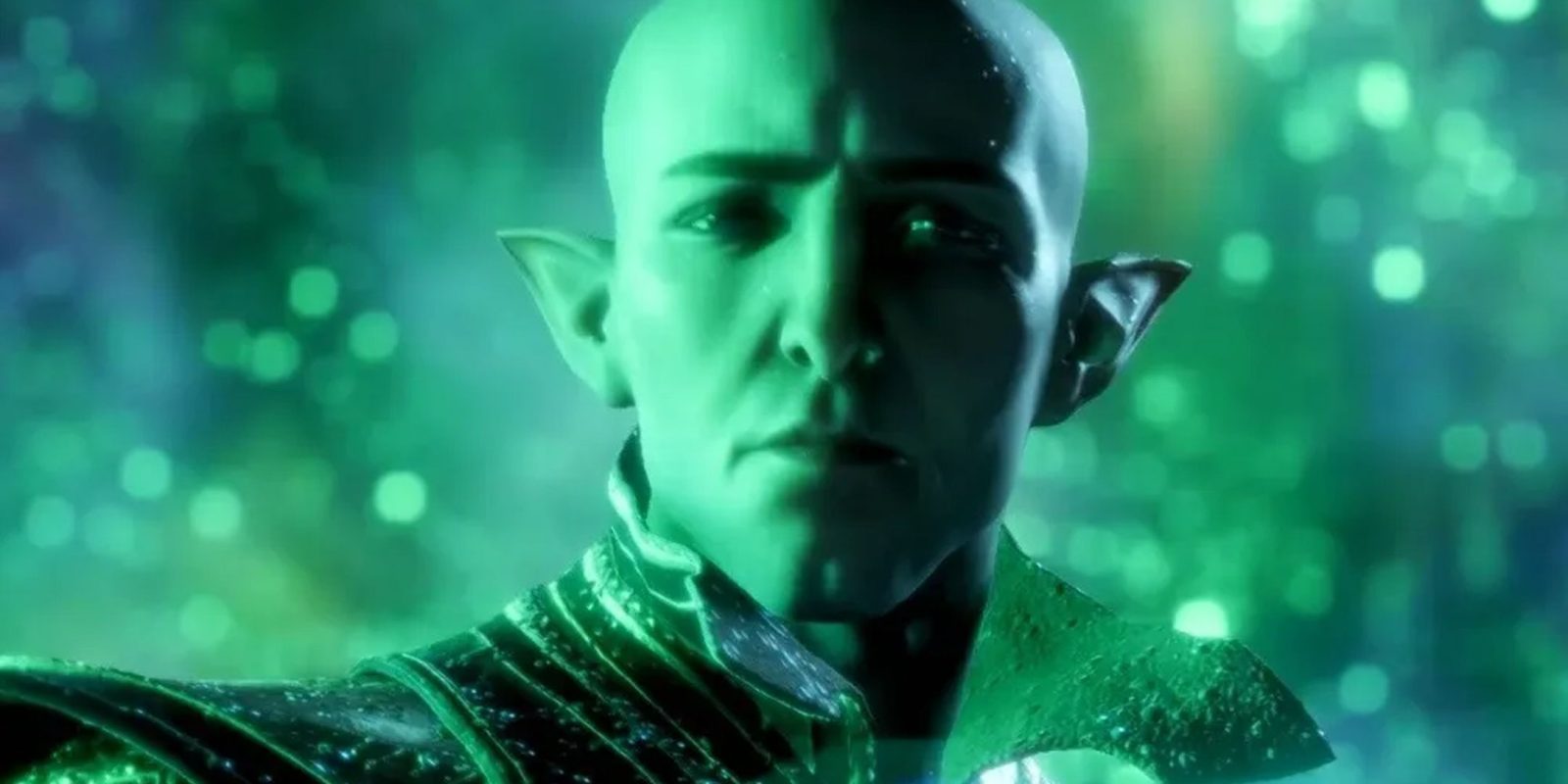

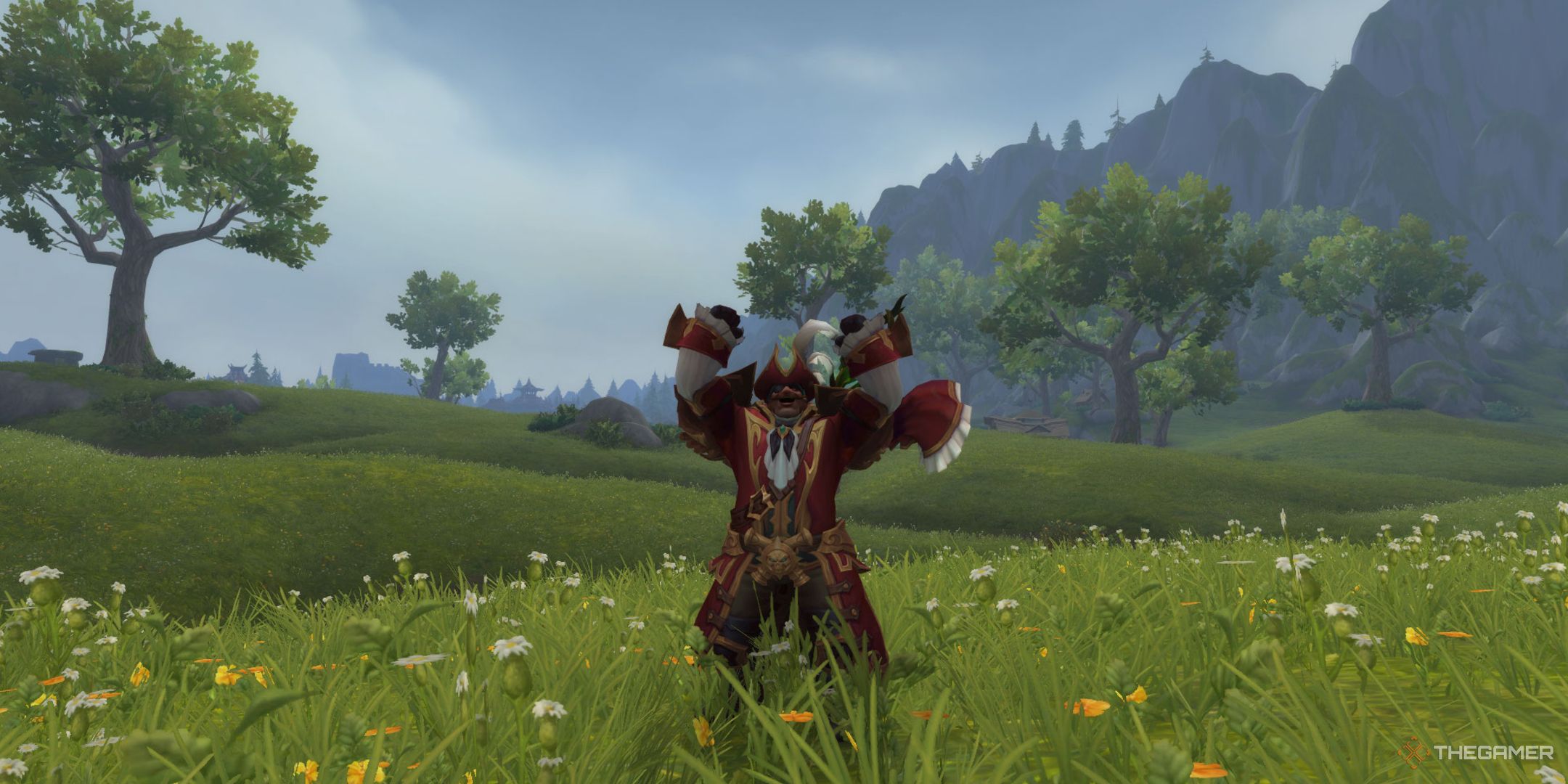
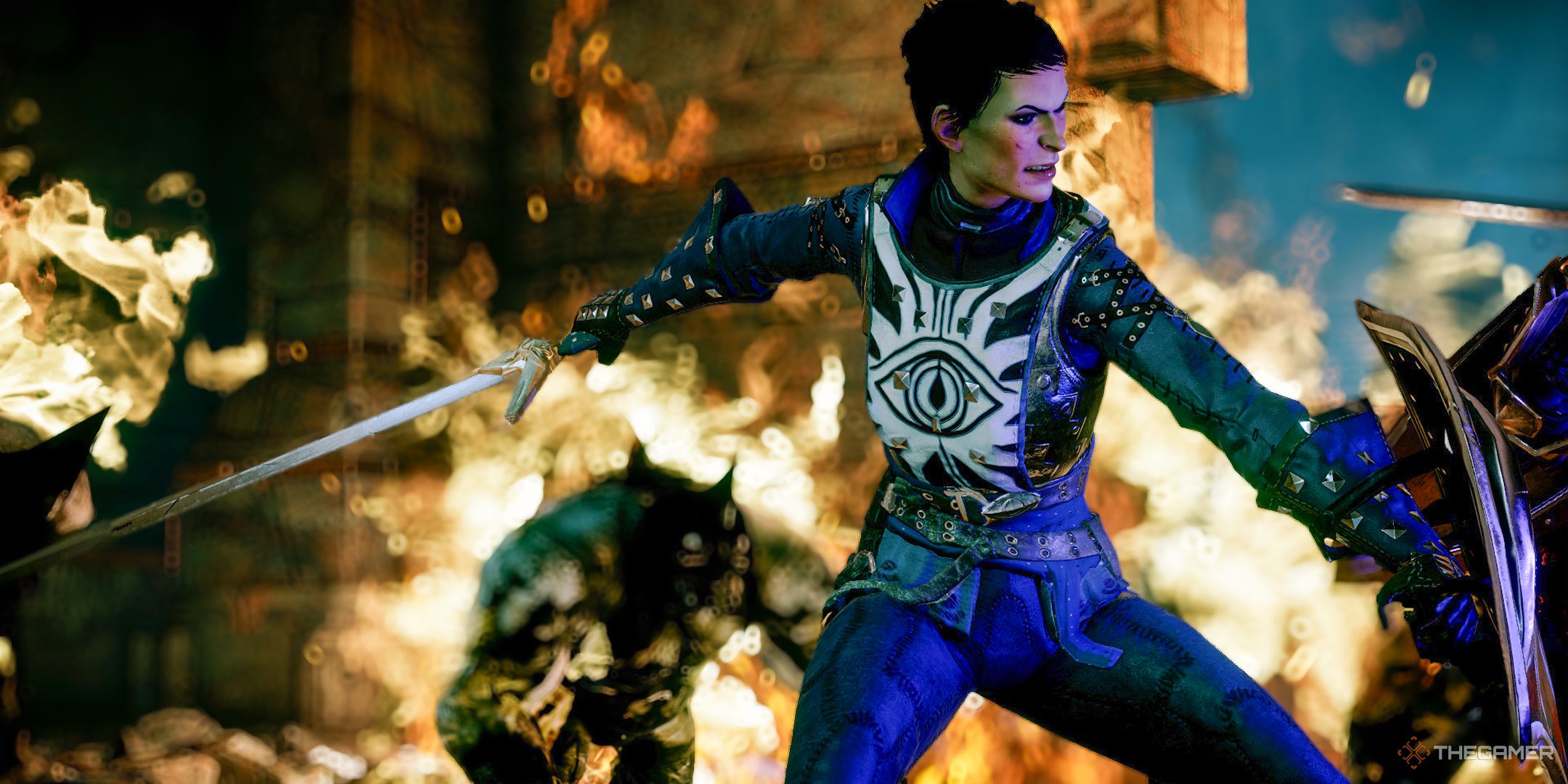
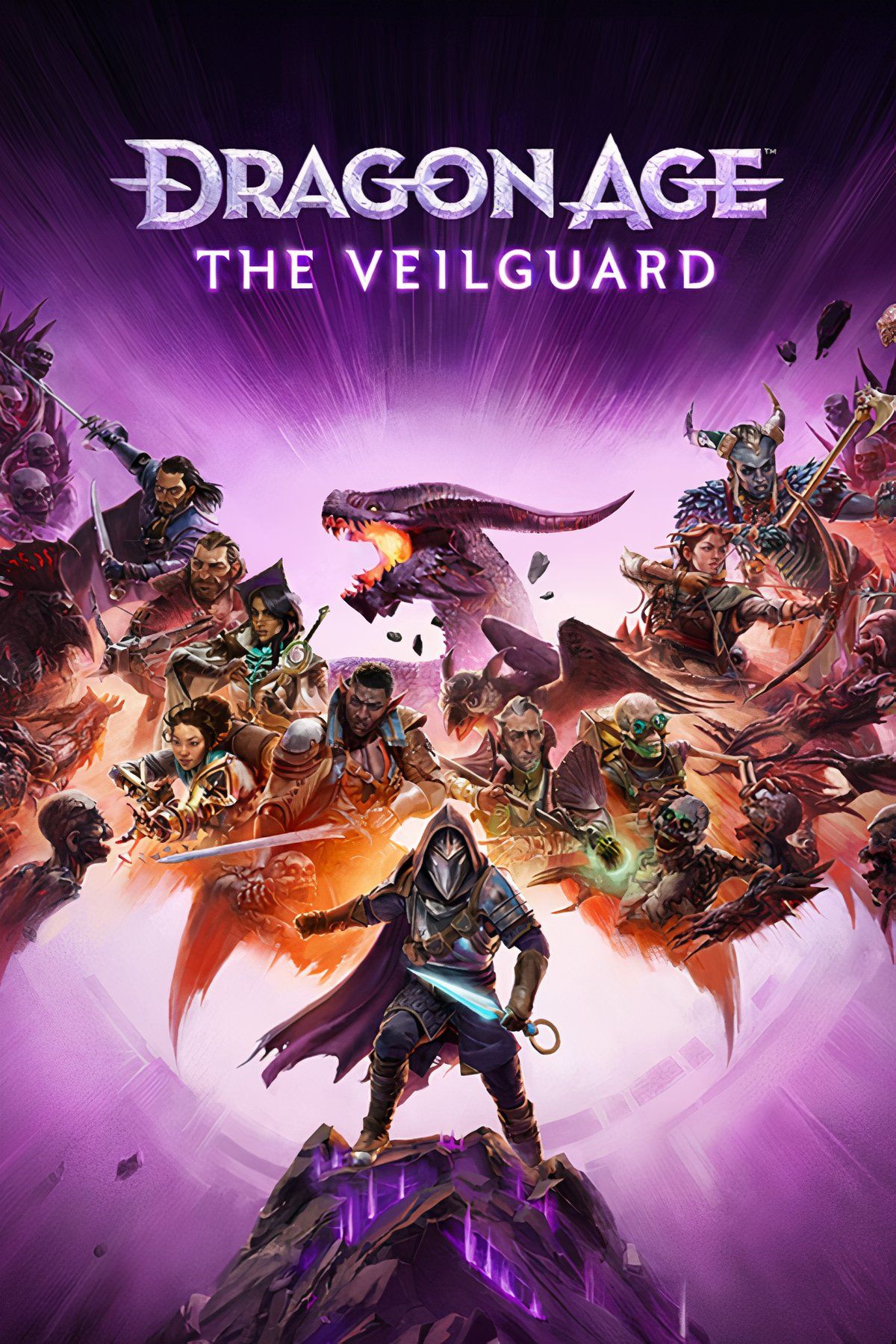




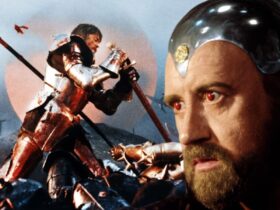



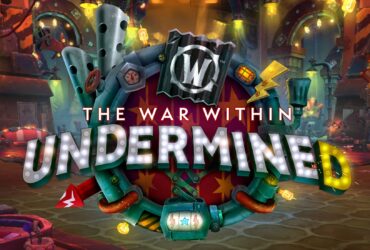



Leave a Reply